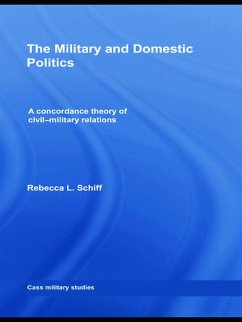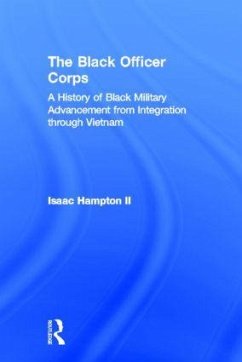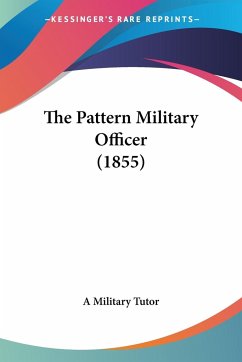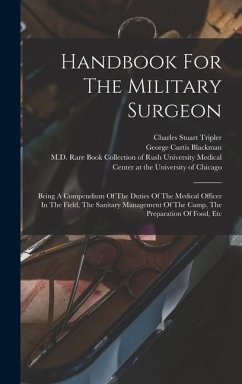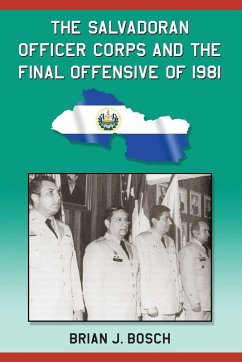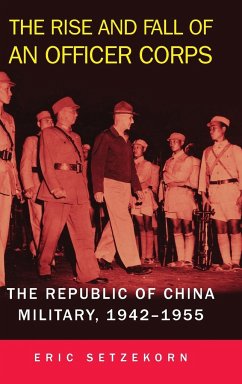
The Rise and Fall of an Officer Corps
The Republic of China Military, 1942-1955

PAYBACK Punkte
20 °P sammeln!
The People's Republic of China is the only large country in the world that does not have a "national" military; its military answers only to a political party, the Chinese Communist Party. For a brief period in the mid-twentieth century, China had the makings of a professional, apolitical military force. The Rise and Fall of an Officer Corps tells the story of that moment in the military history of modern China-how it came to be, why it ultimately failed, and what it meant for China at home and abroad. Between 1942 and 1955 a cadre of highly trained, nationalistic, and cosmopolitan Chinese off...
The People's Republic of China is the only large country in the world that does not have a "national" military; its military answers only to a political party, the Chinese Communist Party. For a brief period in the mid-twentieth century, China had the makings of a professional, apolitical military force. The Rise and Fall of an Officer Corps tells the story of that moment in the military history of modern China-how it came to be, why it ultimately failed, and what it meant for China at home and abroad. Between 1942 and 1955 a cadre of highly trained, nationalistic, and cosmopolitan Chinese officers created a professional, depoliticized military, a force that could effectively represent the aspirations of China as a world power. Drawing on multiple archival sources and Chinese military journals, author Eric Setzekorn charts the development of this new army as a critical cultural and political force with extensive connections to foreign powers. During this period, military officers were the primary actors in an intergovernmental partnership between the United States and the Republic of China. The partnership gave officers access to educational opportunities and technological transfers that were central to their professional ideals. Setzekorn's account of the career of General Sun Li-jen, an American-educated Chinese army officer, illustrates the rise of a new sense of professionalism as well as its decline after 1953. Setzekorn then traces the failure of the army-building project to a renewed politicization of military forces, marked by a purge of key military leaders in 1955 by Chiang Kai-shek and his Koumintang (KMT) party. By focusing on this important chapter in Chinese military history, Setzekorn's work also highlights broader patterns of military transformation during the pivotal period from World War II through the early Cold War. His work is critical to understanding the rise of China as a military and world power.



